If you use Google Photos then you would have seen the notifications it sends each day in the morning called memories. These memories bring up old pictures or events from a Wednesday five years ago. While it is meant to jog up your memories, it can often bring up memories of a deceased person or an ex.
Whether you want to see that photo or not, the internet will never forget, similar to how Facebook will never forget to remind you to send birthday wishes to a dead person. While our digital world is more connected than before, it has a lot of cracks including lack of sensitivity.
For the immediate family of a deceased person, the challenge often is to close all of their social accounts, subscriptions, bank accounts, insurance, et cetera. It often supersedes the process of grieving and can be tedious. Rotterdam-based Dutch scaleup Closure wants to not only simplify this process for heirs, but also unburden organisations that need to be informed by heirs when finalising the digital legacy of a deceased person.
Automation to eliminate burden of digital legacy
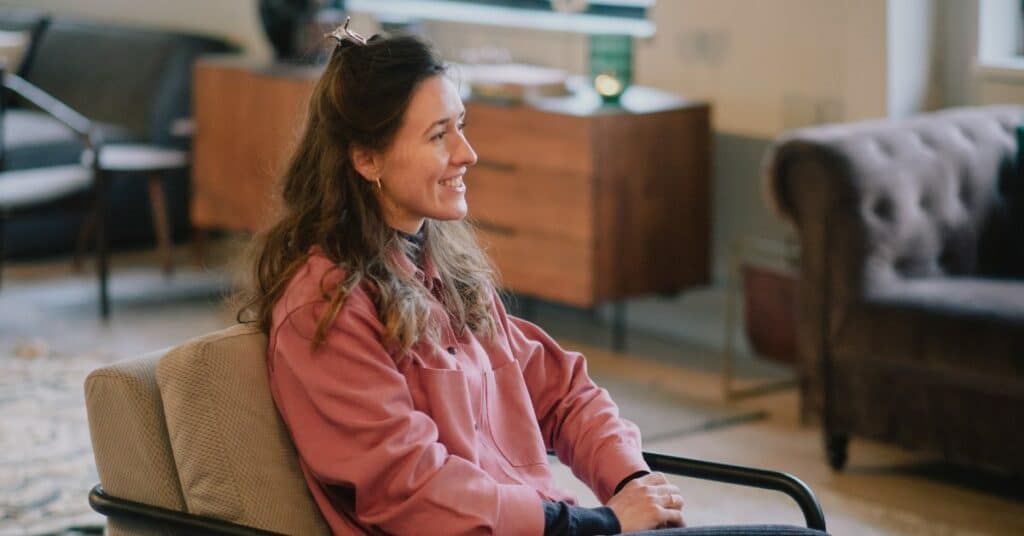
We live in a subscription economy where an average person in Europe has at least four subscriptions and that number jumps to between 8 and 12 subscriptions in the Nordics. All these subscriptions are left behind along with traditional contracts, bank accounts, insurances, utilities, telecom, charity, sport clubs, and magazines when a person passes away.
When Chantal van der Velde, former co-founder of Closure, got a notification from Facebook to congratulate her deceased grandmother on birthday, this got her and co-founder Graciëlla van Vliet thinking about all the services “a person leaves behind after passing away.”
Van Vliet says it is a time consuming process to inform each service provider and organisation about the loss of their loved one and thus terminate or adjust connected contracts, accounts and subscriptions. The process also forces the next of kin to continuously confront the loss, which Van Vliet says results in “digital legacy becoming a burden for heirs.”
She adds, “The urge to do something about this growing pain amongst heirs, was deepened by our interest in data and efficiency.”
“Automating something as awkward as the cancellation process of all the accounts of a deceased person, saving heirs a lot of pain, appeared to be a very interesting challenge,” explains Van Vliet. With a clear and enormous challenge, both the co-founders quit their jobs and committed to building Closure.
A support desk for heirs
Founded in 2018, Closure acts as a one-stop-shop for finalising all contracts and accounts of a deceased person at once. Available free of charge to heirs, the company operates as a centralised, external “heir support desk” that aims to eliminate long waiting times and offers a bridge to report death to respective organisations.
“Our corporate customers work with Closure, because they want to offer the heirs of their customers the best possible support, while at the same time increasing internal operational efficiency,” Van Vliet tells Silicon Canals.
With organisations working with 10 to 30 full-time employees on settlement of subscriptions and contracts of their deceased customers, Closure plays the important role of customer contact in the event of death. Interestingly, it operates largely on AI and Machine Learning and Van Vliet says, “the customer contact that remains only exists to provide extra guidance to heirs, and not to keep operational processes running.”
With a lean operational team and use of transversal technologies like AI, Closure is able to run customer care operations for its partners at lower expense. This way, Closure not only increases customer satisfaction, but also effectively reduces operational and customer care costs. “Due to the shortage of high quality personnel, our solution is currently being embraced all the more with one in four deaths in the Netherlands now reported via Closure,” she adds.
Finding the early adopters
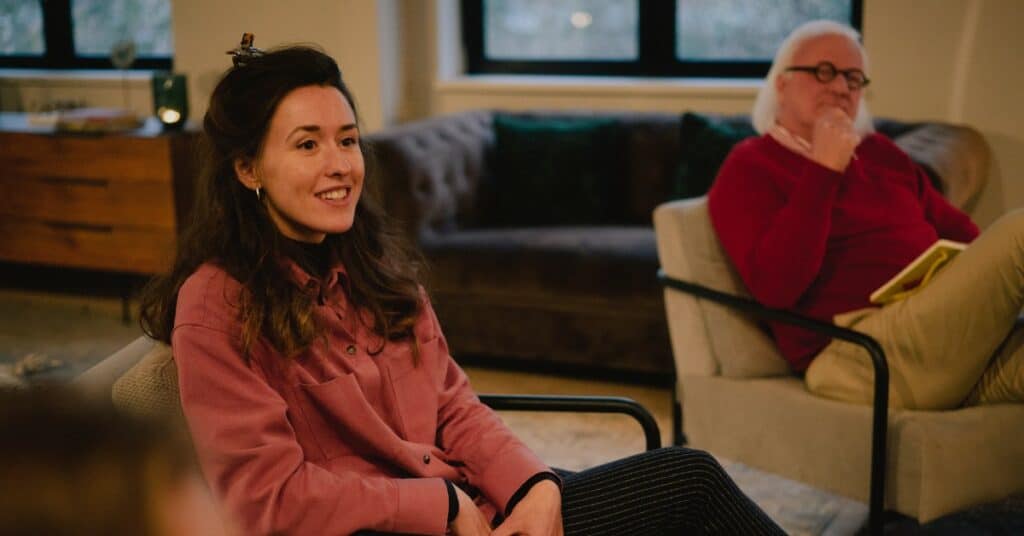
Before starting Closure, Graciëlla van Vliet worked as a part-time management trainee in China while pursuing her master’s degree in Econometrics and Machine Learning. She says “quitting the job was the easy part” but finding a structured approach as a first-time founder was more challenging.
She also acknowledges the challenge of finding their first corporate customer. “We overcame this simply by perseverance and finding the early adopters,” she says.
Within a couple months of its start, Closure hired Bart Berhaegh as a developer and he currently fulfils the role of CTO. To reach scale, the company has also added former AON executive Joep Vercauteren to its leadership team as CCO. With a strong leadership team at the helm, Closure is now growing its team with diverse and experienced talent.
“We are heavily investing in making the company scalable,” says Van Vliet adding that they are “finding ways to reduce average sales cycle, structuring customer acquisition, and finding strategic partnerships.”
SAP of customer mutations
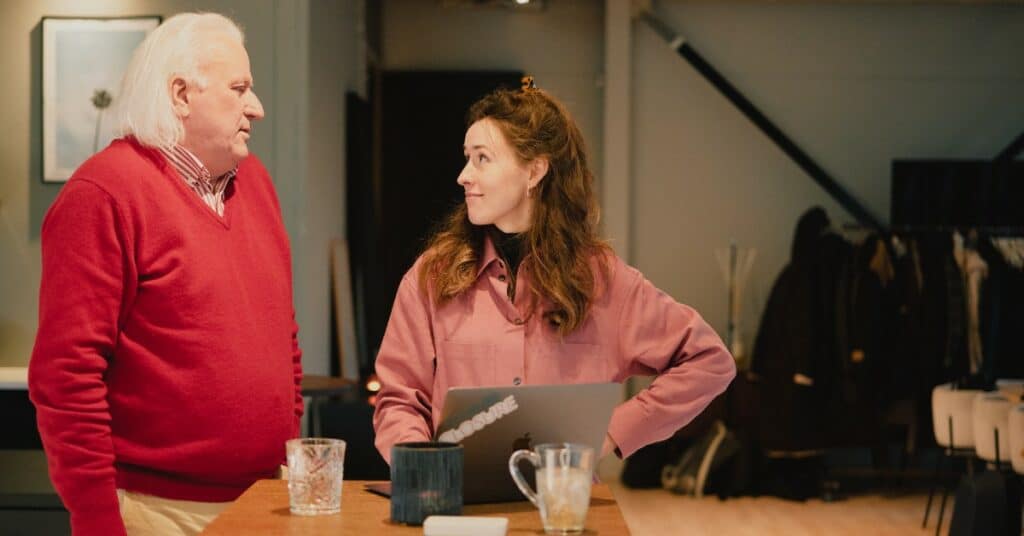
Closure currently operates in the space of DeathTech, which Van Vliet feels applies to its current proposition well. However, the long-term ambition of Closure is to become the SAP of customer mutations, which would make it more of a CustomerCareTech company than just a DeathTech company.
She says operating as a data and technology-driven, specialised heir support desk is only the start. For Van Vliet, the goal is to turn Closure into an enterprise software solution for customer mutations around key moments in life, such as debt restructuring, marriage or divorce, where the cause of the mutation is not limited to death.
She says, “Customer care operations are still very labour intensive, and we see a future where increasing a customer care department’s operational efficiency and exceptional customer satisfaction go hand-in-hand.”
This data and technology driven approach spearheaded by Van Vliet as an econometrician is bearing fruits. After a pre-seed capital from experienced angels, Closure recently raised €1.5M in seed round from Borski Fund, a Dutch VC that invests in female-led companies, as well as Rabobank.
With the funding in place, Van Vliet says success is not one simple metric or achievement but instead it’s about “having an energetic and purpose-driven team that feels they are doing something meaningful and growing every day, and adding real value for both our enterprise clients and users (consumers).”
She also says they want to keep on building the best product available in the market and growing the organisation in a financially healthy and sustainable way that impacts the lives of a significant amount of people globally.
Rise is valuable for every entrepreneur
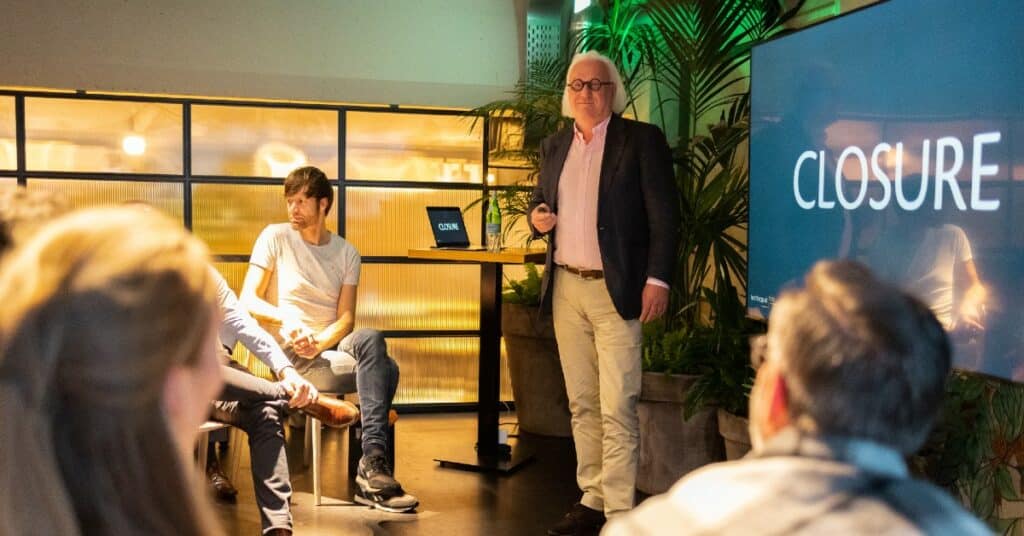
Closure joined nine other Dutch scaleups in batch #9 of Techleap.nl’s Rise programme, which Van Vliet calls as a programme highly valuable for any entrepreneur. She says the programme is “even more valuable for a first time founder or founders operating in an industry where there exist limited similar organisations or competitors to learn from.”
She also adds that the other founders and experts leading the sessions went beyond expectations. “There are few occasions where you get such high-quality tough love and different points of views that challenge us to make bold decisions.”
For Closure, the programme has helped by offering specific helpful suggestions to being challenged on general strategic topics. From the ability to position a feature in a low-key way to extending its service to smaller prospects suggested by Sjoerd Rietberg, a board member at Flow Traders Foundation, Van Vliet says the Rise programme has contributed in a big way to its scaling ambitions.
She also appreciates the feedback from other participants of the programme on Closure’s internationalisation strategy based on their experience in countries they were targeting.
Technology to prepare for death
Technology is widely seen as a solution for every challenge and in the DeathTech space, the startups and scaleups see technology as a “preventive” approach to preparing for death. Van Vliet says this is opposed to the reactive approach predominantly followed right now.
With people now turning to AI technologies to preserve memories of their loved ones, Van Vliet says they looked into pre-death services in the early days but they are no experts in this field. With its focus squarely on being a B2B or customer care related company, Closure stands out even in the DeathTech space.
With its AI and ML-driven automation, Closure shows how technology can be used to solve a problem faced by next of kins. It may not be using technology to help prepare for death but it is definitely helping people process death, and an NPS score of 9.6 from surviving relatives is proof.



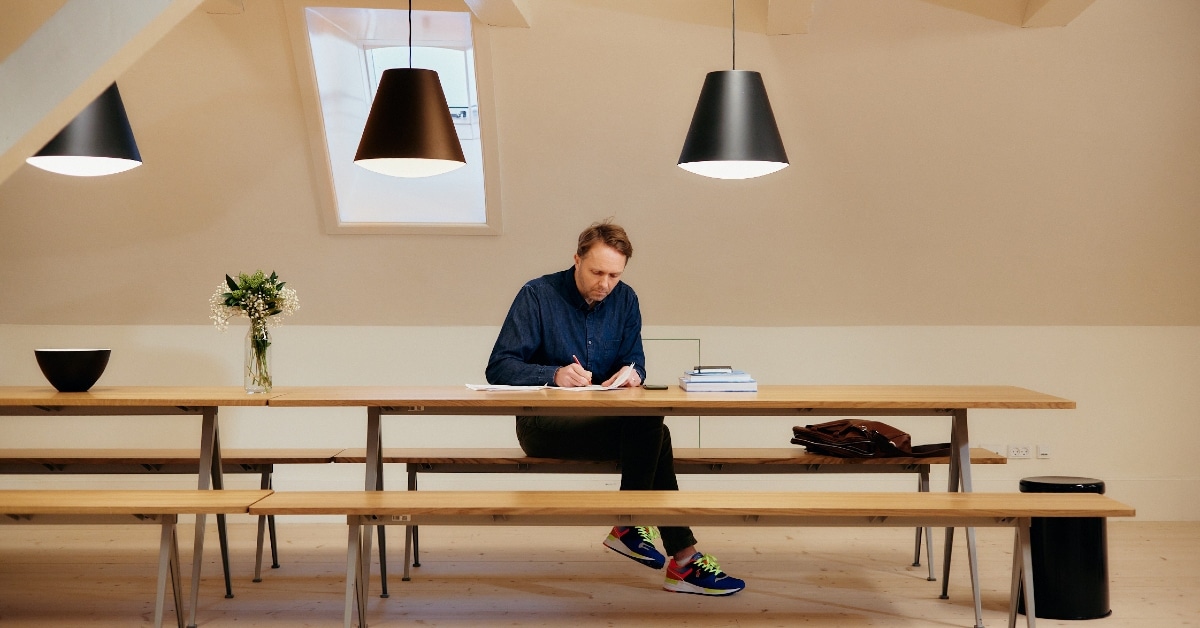
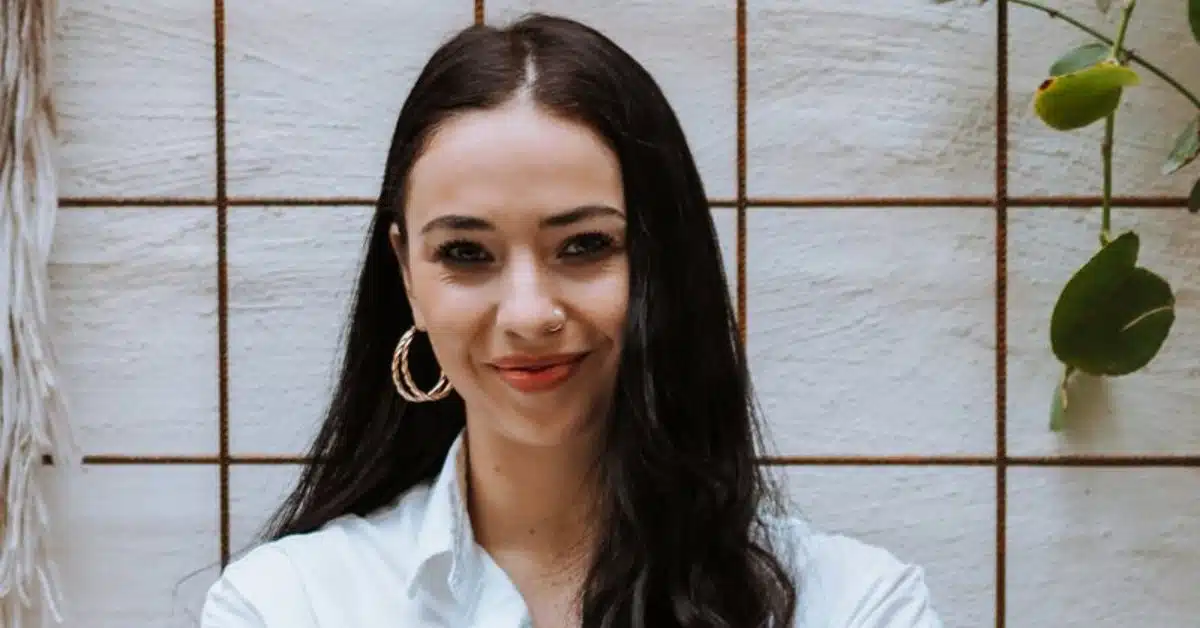
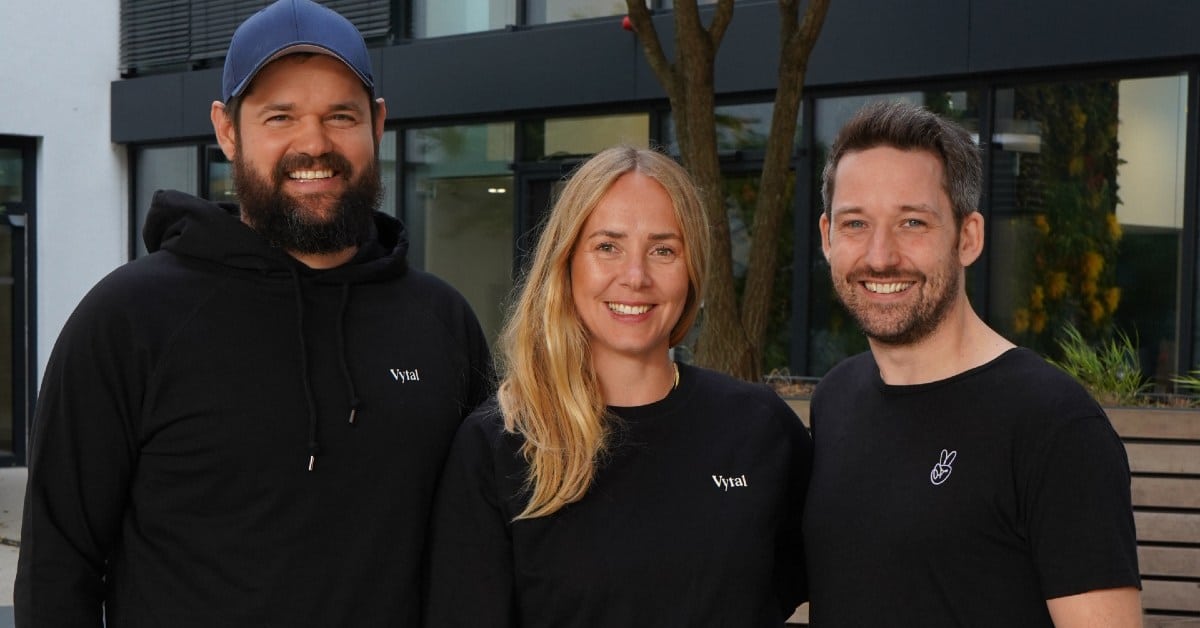


01
Empowering Ukrainian Startups: Highlights from the PowerUp Ukraine 2024 Conference